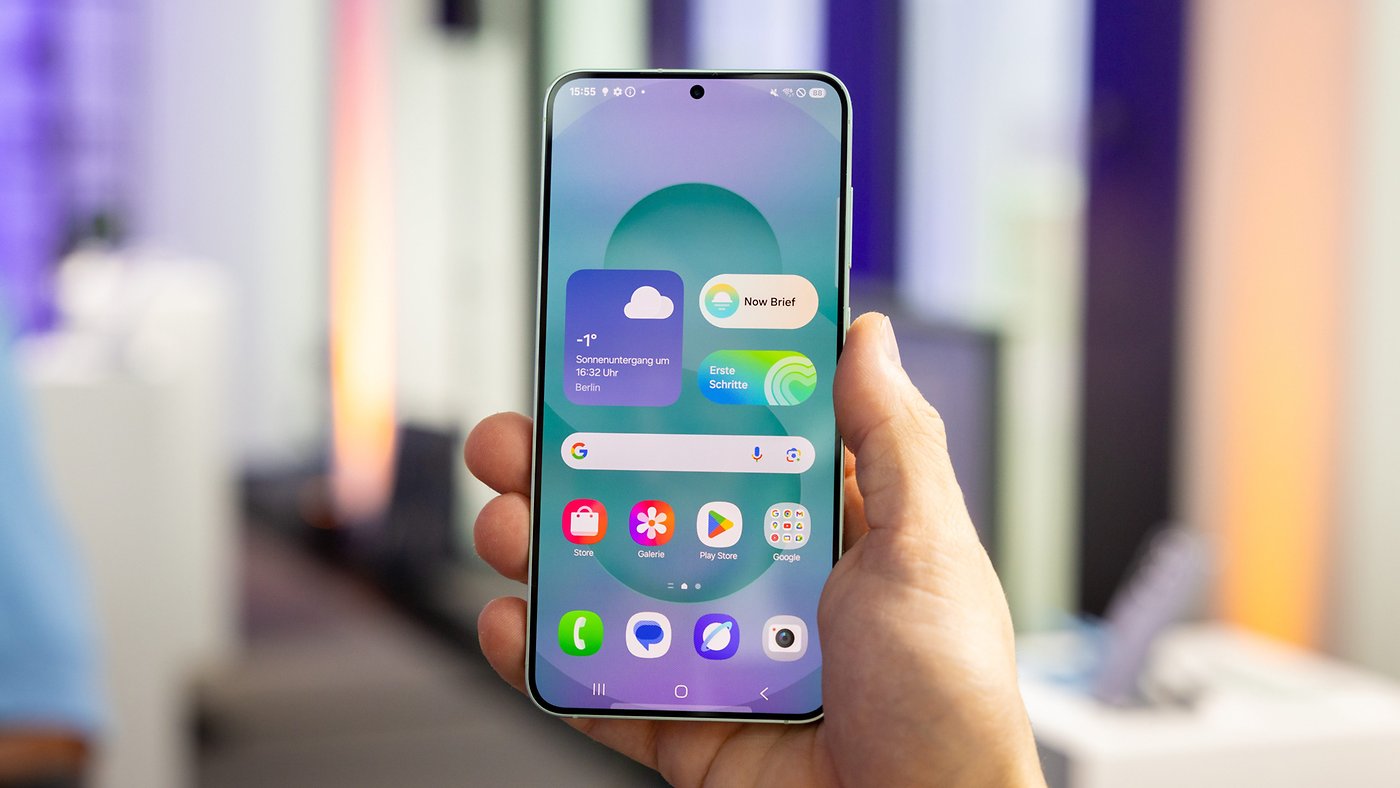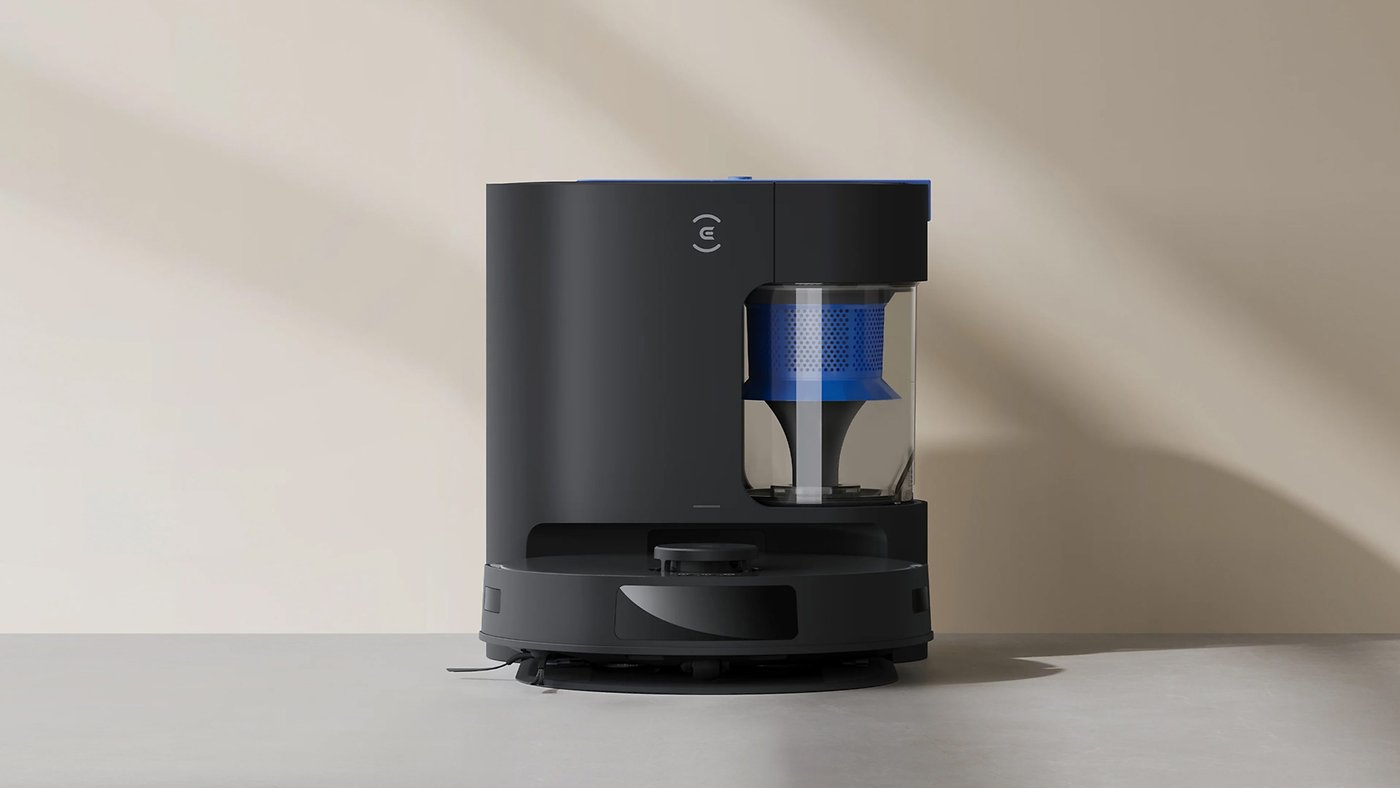This article was originally published on .cult by Mikaella C. .cult is a Berlin-based community platform for developers. We write about all things career-related, make original documentaries, and share heaps of other untold developer stories from around the world.
Your professional experience is great. You’ve nailed the test problems. But halfway through the interview, they ask you, “What’s your motivation to work here?” and you find yourself rambling, or stammering, or staring blank-faced at them.
Motivation is such a complex and nuanced feeling for each person that it can be difficult to sum up neatly in a job interview. Or you might have a very simple motivation: maybe it’s to “earn enough to look after myself and my family” or to “keep adding to my sweet vinyl collection.”
Join TNW in Valencia!
The heart of tech is coming to the heart of the Mediterranean
“Because I need a job”, “because I don’t want to get fired,” and “because I need money” are all candid and fair reasons to apply for a role, but they’re not likely to impress an interviewer.
First off, your interviewer knows this already — unless we’re very lucky, we all need to work.
Secondly, these answers don’t indicate longevity — maybe it’s just a matter of time before a better way of earning money pops up and you head in that direction.
Finally, these answers skew negative and don’t give your interviewer any sense that you’re very motivated for this job in particular.
In the end, the only thing that matters about your job performance is how you do your work, not why you do it. But it can be hard for interviewers to be certain you will fulfill the criteria they’re looking for if they don’t get a good sense of your personality and what makes you tick.
Maybe that vinyl collector is the hardest worker a company will ever see (she’s on the hunt for a rare Wu-Tang Clan LP). But it’s better to give your interviewer motivations that they can understand, celebrate and link directly to the boxes they’re seeking to check.
Here are some ways to help you figure out what companies want to hear when they ask you about your motivation (or your passion, or what makes you want to go to work, or any other variant of this tricky question).
1. Make it personal
Companies don’t want to hear that you’re looking for a job. They want to hear that you’re looking for their job. The good news is that they’ve already given you a cheat sheet for matching motivations to a specific role: it’s in the job description. Look closely at the required skills section and see how this could be translated into a motivation that gets you excited at work.
For example, if they’re looking for someone who can tackle thorny coding issues, bring up your problem solver side — something that a lot of developers have!
“I love the feeling of working through and solving a problem that is slowing the whole company down,” is a great answer. So is: “I love a challenge, but I’m especially excited by seeing actionable results, so resolving issues is a big motivation for me.”
On the other hand, if the job description involves lots of teamwork or even a managerial role, you might want to stress the significance of relationship-building for your personal happiness. “I really thrive off working with a close-knit team, and it’s just as important for me to help others succeed as it is to reach my own goals,” is one way you could emphasise this.
2. Do your research
Part of the interviewer’s own motivation in asking this question is to see how you would fit within the company culture at large. The good news here is that it’s likely there’s a lot of information already out there that you can draw on from the company’s website. Two good places to start are the company’s mission and values.
If you can pick out a piece of the company’s mission that is meaningful to you, this is a great way to show them your motivation for the role. This piece could be large or small. Maybe the whole company is working towards an incredible cause that you really believe in, whether that’s saving the rainforests or setting everyone up with a killer e-commerce product that makes it easy to buy rare vinyl online (at last, your collection is relevant!).
But if there’s just a small aspect of the company’s work that you really like — a coding strategy, another employee whose work in the field you respect, a project management framework you’ve enjoyed in the past — feel free to pull this out as a distinct part of the job’s appeal for you.
Company values are another useful place to look. They give you a good sense of a company’s culture and what they celebrate in their own employees. It’s also easier than you might think to translate their values into your motivations.
For example, if they highlight “diversity,” you might say that you’re spurred on by collaborating with different people who you can learn from. If they flag “bravery,” you might say you love a well-calculated risk and the feeling of stepping out into the unknown.
3. Consider your past
It’s no secret that interviewers love an example from your professional history. This applies to almost every question they ask, but when talking about your motivation, it’s especially useful because it gives detail and specificity to a somewhat fuzzy concept. And, if you’re not even sure what your motivation is, considering your professional history is a great way to work it out so that you’re not empty-headed when your interviewer asks the question.
Here are some useful questions to ask yourself to find these examples:
- What was your best day ever at work?
- When have you felt happiest at your job?
- When did you come home bursting with stories to tell, or roll out of bed excited to get to the office?
- If you’ve never enjoyed your job or if this is your first real job, do you have a dream job? What about it is so dreamy?
Once you have some answers, try to identify the unifying threads behind each example. What was happening at work to make you so excited? Why are you working towards your dream job? Once you do a little digging, you’re sure to discover your underlying motivations beneath.
4. Don’t forget nonverbal communication
Talking about your passions in a monotone voice isn’t very convincing. Telling your interviewer that you’re driven by working with an exciting team isn’t believable when you’re staring at the table and fidgeting.
Whether you’re on Zoom, at an informal coffee meeting, or sitting across from a panel of interviewers, remember that your body is doing half of the talking for you.
As a result, it’s important to stay excited, engaged, and enthusiastic (without going over the top). Run through a checklist in your head to ensure you’re smiling, maintaining eye contact, and leaning forward in your chair.
If you tend to be nervous in an interview, you could practice in front of your mirror to make sure you’re coming across as a friendly and enthused person. This is never more important than when you’re answering questions about your motivations; your interviewer expects you to be able to speak fluently and cheerfully about the aspects of your life that make you tick.
Remember, it’s totally okay to have a bad day at work when you’re feeling ill or discouraged or just not in the mood to be super cheery. But if you’re in a bad mood at an interview, it has much more of an impact. How is your interviewer supposed to know if you woke up on the wrong side of the bed or if this is just your personality? So stay engaged and show them the best side of you.
5. Don’t beat yourself up when it doesn’t work
A job interview is always, to some extent, out of your hands, and you can never be entirely sure what motivation an employer is looking for.
For example, maybe you give a great answer about being motivated by working independently on a project that will improve the company’s bottom line, but the interviewer is looking for someone who’s more oriented by teamwork — or vice versa! Both motivations are strong and come with their own set of advantages, and sometimes a company’s going to pick a rival candidate who has a different set.
The motivation question is all about narrowing the pool of candidates, which means that sometimes you can answer it right… and still not be right for the role.
This is a bummer, but not the end of the road. And it’s also why it’s important to stay honest — because if you lie about being motivated by teamwork and then get thrown into a role where you never get your precious independent projects, you’re not going to enjoy your job! So be prepared for the fact that sometimes telling companies what they want to hear has to involve what you want as well.
Even if that means you don’t get the role, it means that when you do get a role, chances are it’ll be the right one.








